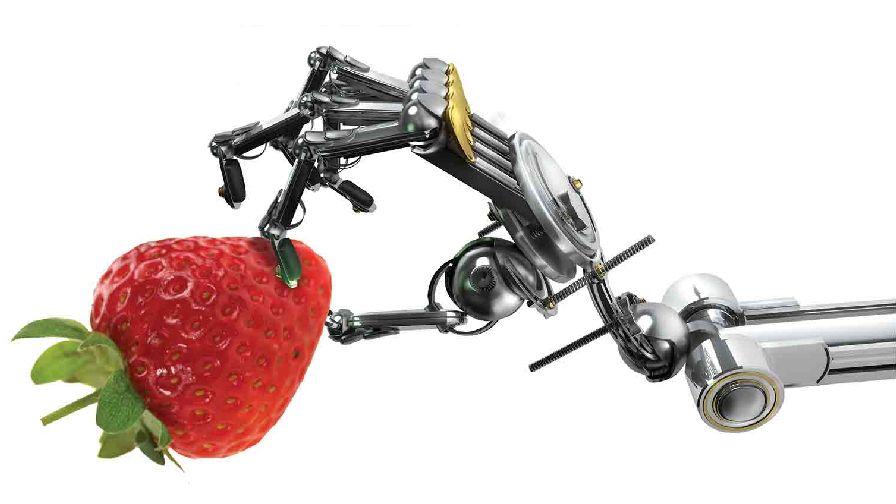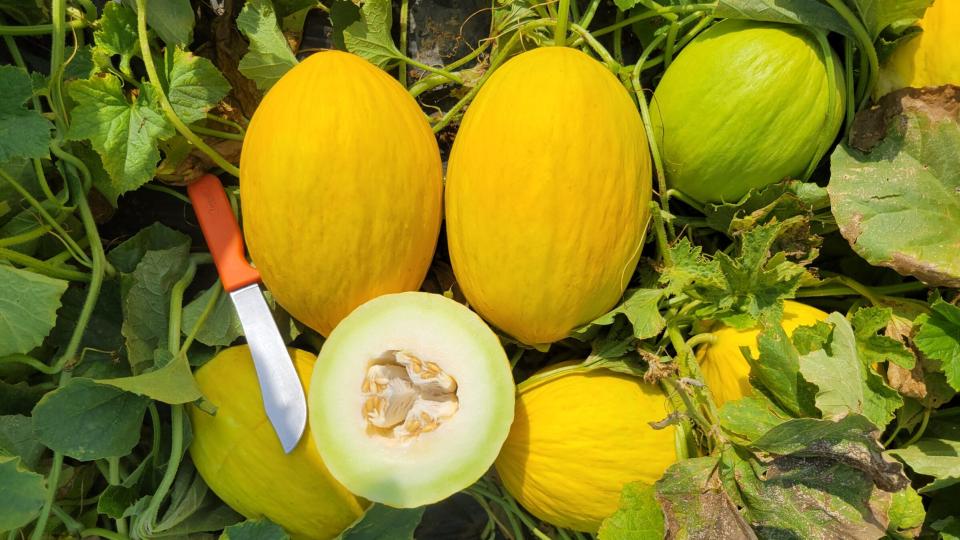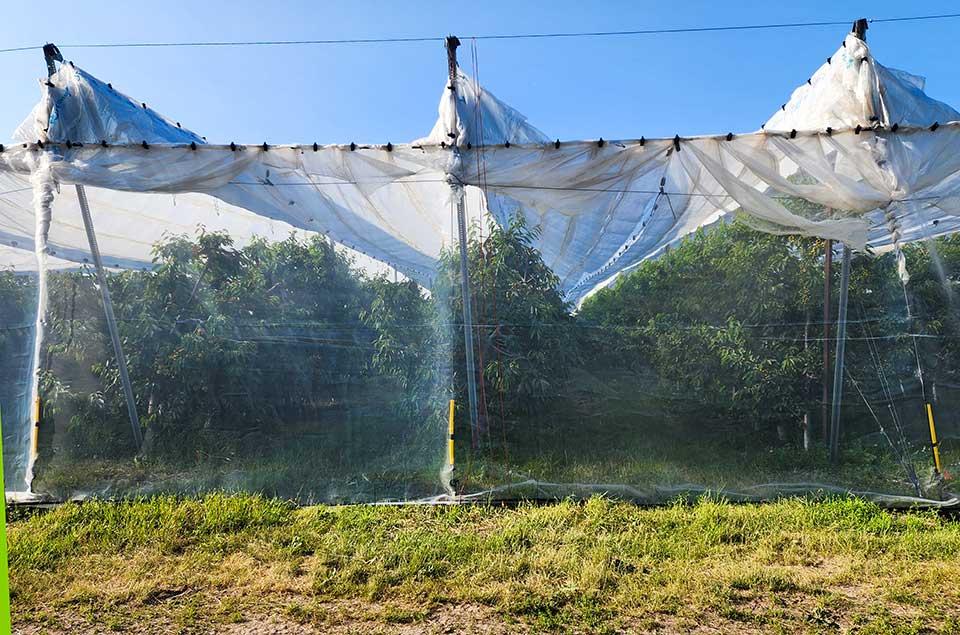New Agreement May Lead To Managing Potato Pest
Monitoring and managing potato psyllid is part of a new agreement between Agricultural Research Service (ARS) and the University of California (UC)-Riverside.
The potato psyllid hurts potato plants by feeding on them and by infecting them with Candidatus Liberibacter solanacearum, the bacteria behind zebra chip disease. Outbreaks of zebra chip caused by psyllid feeding have caused tremendous losses to the potato industries in the U.S. and Mexico.
Under a six-month cooperative agreement with UC entomologist Jocelyn Millar, ARS and university scientists will look to isolate, identify, synthesize, and test the chemical or chemicals that females use to attract mates.
According to entomologists David Horton and Christelle Guédot at the ARS Yakima Agricultural Research Laboratory in Wapato, WA, synthesizing such attractants opens the door to developing a new, psyllid-specific monitoring tool. Strategically placed around potato fields, attractant-laced traps would enable growers to capture male psyllids and determine when the insects are colonizing fields. Growers could then plan insecticide regimens accordingly.
For more information, click here.
Source: USDA-ARS









